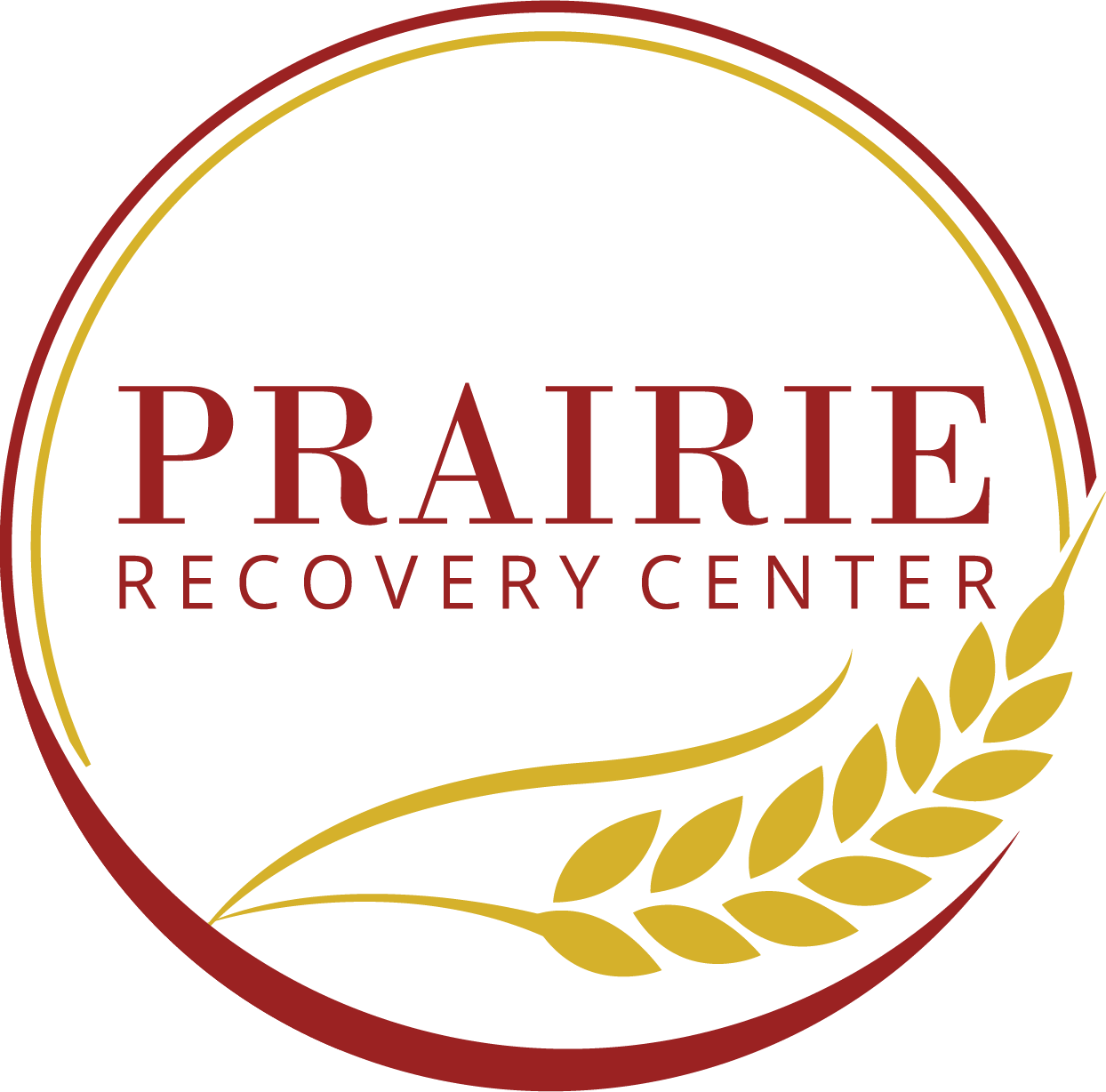 Many people who use drugs or alcohol do so to ease the symptoms of a mental health disorder. When someone is dealing with substance use and mental health disorder simultaneously, this is known as co-occurring disorders. The most effective method to treat both mental health and substance use disorders at the same time is to create a dual diagnosis treatment plan.
Many people who use drugs or alcohol do so to ease the symptoms of a mental health disorder. When someone is dealing with substance use and mental health disorder simultaneously, this is known as co-occurring disorders. The most effective method to treat both mental health and substance use disorders at the same time is to create a dual diagnosis treatment plan.
For a comprehensive dual diagnosis treatment center in North Dakota, turn to our experts at Prairie Recovery Center. Our addiction and mental health treatment center in North Dakota provides healing for people that need the guidance of professionals to overcome co-occurring disorders. Learn more about how our dual diagnosis treatment in Raleigh, ND, can help you or someone you care about get back on the right track by calling Prairie Recovery Center at [Direct] or contacting us online.
What Is Dual Diagnosis?
If you have a co-occurring disorder, it means you have both a substance use disorder and a mental health disorder. You are not alone. Millions of Americans suffer from co-occurring disorders. Dual diagnosis symptoms vary depending on the addiction and mental health disorder involved. That’s why our Prairie Recovery Center team believes that dual diagnosis treatment is an essential option for our patients.
Signs that you need help from our dual diagnosis treatment center in North Dakota include:
- Needing drugs or alcohol to feel normal
- Difficulty keeping a job, maintaining relationships, or meeting social obligations
- Isolation
- Erratic behavior
- Sudden bursts of anger
- Mood swings
- Depression or anxiety
- Extreme emotional highs and lows
- Financial or legal problems due to substance abuse
- Poor self-care, such as neglecting physical hygiene
Why Self-Medicating with Alcohol and Drugs Doesn’t Work
About half of people with a mental health disorder will experience a substance use disorder. People may start abusing drugs to cope with their mental health symptoms. For example, an individual with anxiety may drink to calm their nerves, or a person with a mood disorder may abuse cocaine to feel more energetic.
Drug abuse is a temporary fix for long-term problems. Dependence on drugs and alcohol can develop quickly. The initial relief you feel eventually backfires. This is because drugs and alcohol change the way the brain regulates feelings. You start needing more to get the same effect. With regular use, the brain relies on drugs just to feel normal. Substance abuse can worsen mental health symptoms. It can also jeopardize relationships, finances, and other areas of life.
How Are Co-Occurring Disorders Treated?
With dual diagnosis disorders, each issue influences the other. It’s often impossible to separate the two and determine the origin of the symptoms. This is one reason why treating one disorder alone is rarely effective. Another is that untreated mental health disorders can cause addiction relapse and vice versa. The gold standard is a mode of treatment called integrative treatment. Treatment for dual disorders is part of a comprehensive plan that addresses all issues at once.
Integrative treatment addresses the root causes and symptoms of mental health disorders. It also addresses how a person’s life and choices contribute to their addiction. Co-occurring disorder treatment options include various types of therapy, medication, and lifestyle changes.
